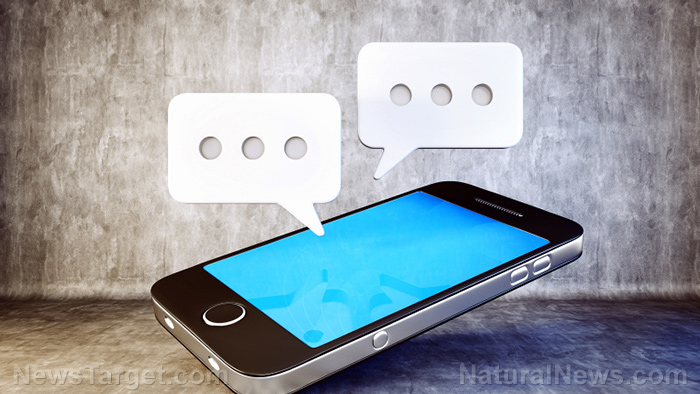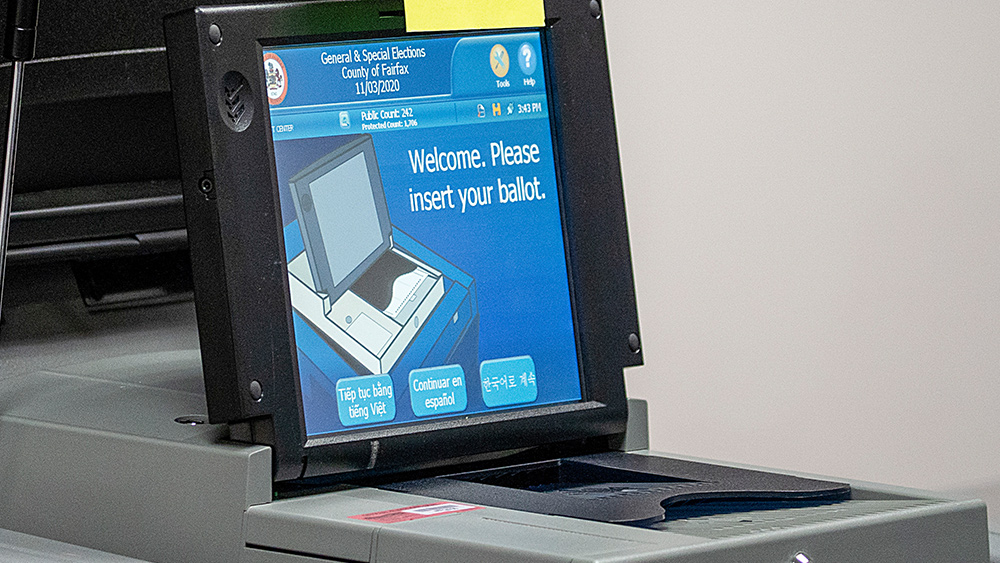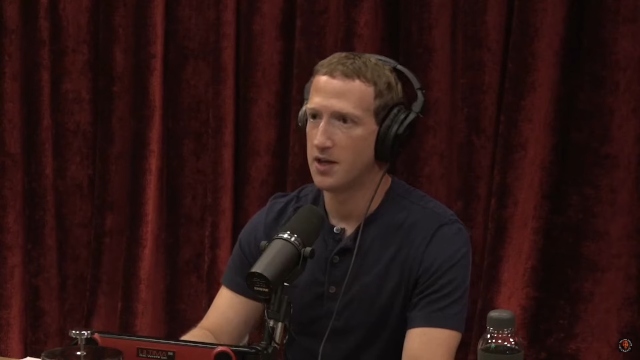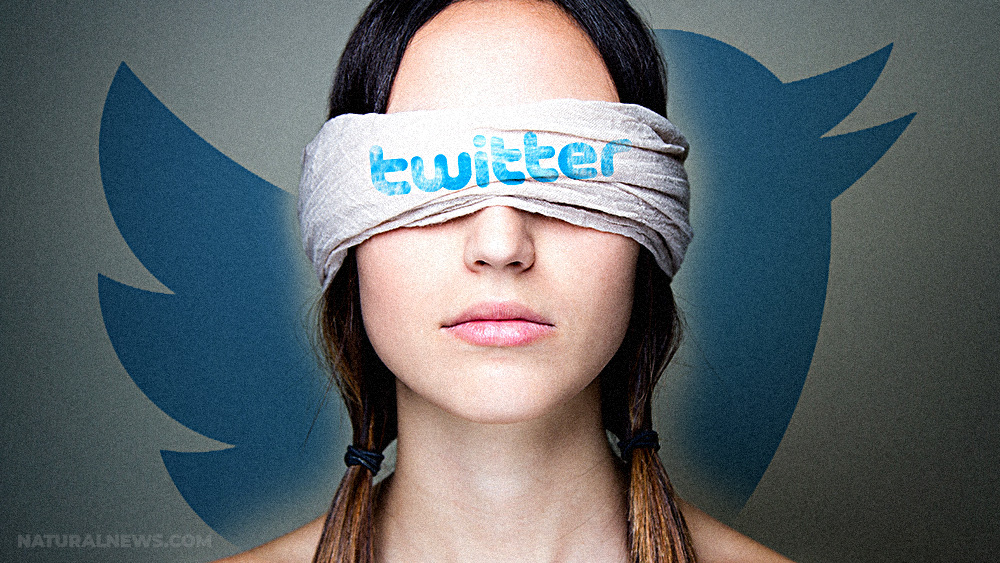People suffer from anxiety without their mobile phones
02/25/2022 / By Mary Villareal

Nomophobia is a term coined in the last few years to describe someone’s fear of being without their phone and being outside of mobile phone contact. While it may seem silly, six in 10 people “couldn’t cope” without their phones for more than a day.
In a poll of 2,000 smartphone users, only one in three say that they never leave the house without their phone, but when they do bring their phones, most people are completely dependent on it for help.
About 68 percent rely on their phones to take photos, 64 percent use them to check the time and 62 percent use them to look up weather forecasts. Meanwhile, 13 percent confess to needing their phones to go to work using online maps.
When it comes to traveling, 27 percent of respondents say they’re reliant on their phones for directions, with one in three admitting they have never used printed maps in their lives.
Because people rely on their smartphones for nearly everything, it comes as no surprise that they’re also constantly looking for places to charge their batteries. A survey found that 55 percent of its respondents believe running out of battery power is a “nightmare scenario,” and one in eight people admit that dying batteries give them anxiety.
Petri Hayrynen of HMD Global said because smartphones offer so much, it is unsurprising that people have become dependent on them, making common complaints around battery life a real issue.
“There are other ways we can preserve our phone battery and offset that angst. From using network connections selectively to muting unnecessary sounds and stopping apps from running in the background, these all help the cause and keep you switched on for longer,” he said. (Related: Teenagers waste 40 days a year looking at mobile devices, startling research discovers.)
The poll also finds that people get more upset with losing their phones than other valuables. Nearly 48 percent say they will be upset to lose their phone, which is more than the number of people who would stress out over losing their bank card (46 percent) their car keys (40 percent) or their wedding rings (25 percent).
Nomophobia in today’s society
“No-mobile phobia” is a modern problem that affects many because smartphones have now become the digital security blanket for any modern citizen.
A study suggests that the more you use your device, the more you become dependent on it. Around 70 percent of women and 61 percent of men worry about losing their phones.
The most nomophobic age group is the 18 to 24 age range, with 77 feeling uncomfortable just minutes after being separated from their phones.
Some symptoms of nomophobia include feeling stressed out without their phones, phantom vibration syndrome where they hear non-existent ringing, compulsive checking for messages, updates and battery life, always carrying a charger, experiencing the fear of missing out and believing others are having a better time.
This leads to others getting anxious when their phone batteries go down as low as 50 percent, fearing that they will miss something. Finally, there are those who even go so far as to use their phone in inappropriate places such as the toilet or even in the church, while others avoid places where they can’t, or aren’t allowed to use them. (Related: Are you addicted to your phone? Signs of mobile phone addiction.)
Those who suffer from nomophobia or phone separation anxiety are advised to turn off their phones, especially when going to bed. Taking phones to bed interferes with sleep, keeping people late and waking them up during the night, leaving them with not enough sleep to deal with the day ahead.
Nomophobic individuals are encouraged to distract themselves, such as by going for a walk or playing with dogs without the phones. They are also advised to go without their phones for short periods and eventually, longer ones.
More related stories:
How to identify 4 common triggers for compulsive phone use and how to kick the habit.
Smartphones are killing Americans in shocking numbers… does anyone care?
That’s pretty dumb: Is your smart phone ruining your relationships?
Demand for a “dumb phone” is on the rise; Light Phone 2 is a minimalist’s dream.
Signs of smartphone addiction and tips for a “screen detox.”
Watch the video below to learn more about cell phone addiction.
This video is from the Truth Matters channel on Brighteon.com.
Read more stories like this at Psychiatry.news.
Sources include:
Submit a correction >>
Tagged Under:
addiciton, Anxiety, communication, discoveries, gadgets, information technology, mental health, Mind, mobile, nomophobia, phone addiction, Psychology, real investigations, screen time, Smartphones, technology
This article may contain statements that reflect the opinion of the author
RECENT NEWS & ARTICLES
COPYRIGHT © 2017 GLITCH.NEWS
All content posted on this site is protected under Free Speech. Glitch.news is not responsible for content written by contributing authors. The information on this site is provided for educational and entertainment purposes only. It is not intended as a substitute for professional advice of any kind. Glitch.news assumes no responsibility for the use or misuse of this material. All trademarks, registered trademarks and service marks mentioned on this site are the property of their respective owners.



















